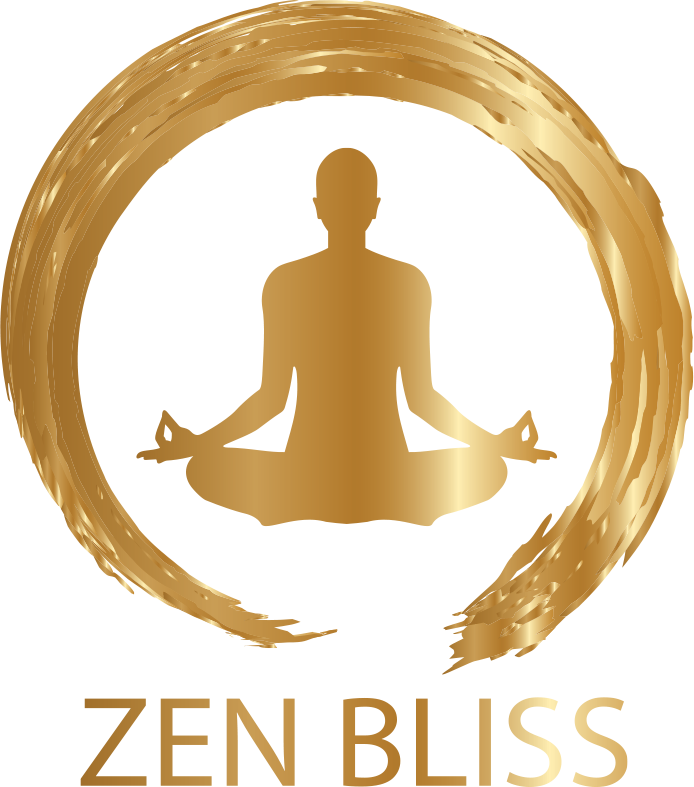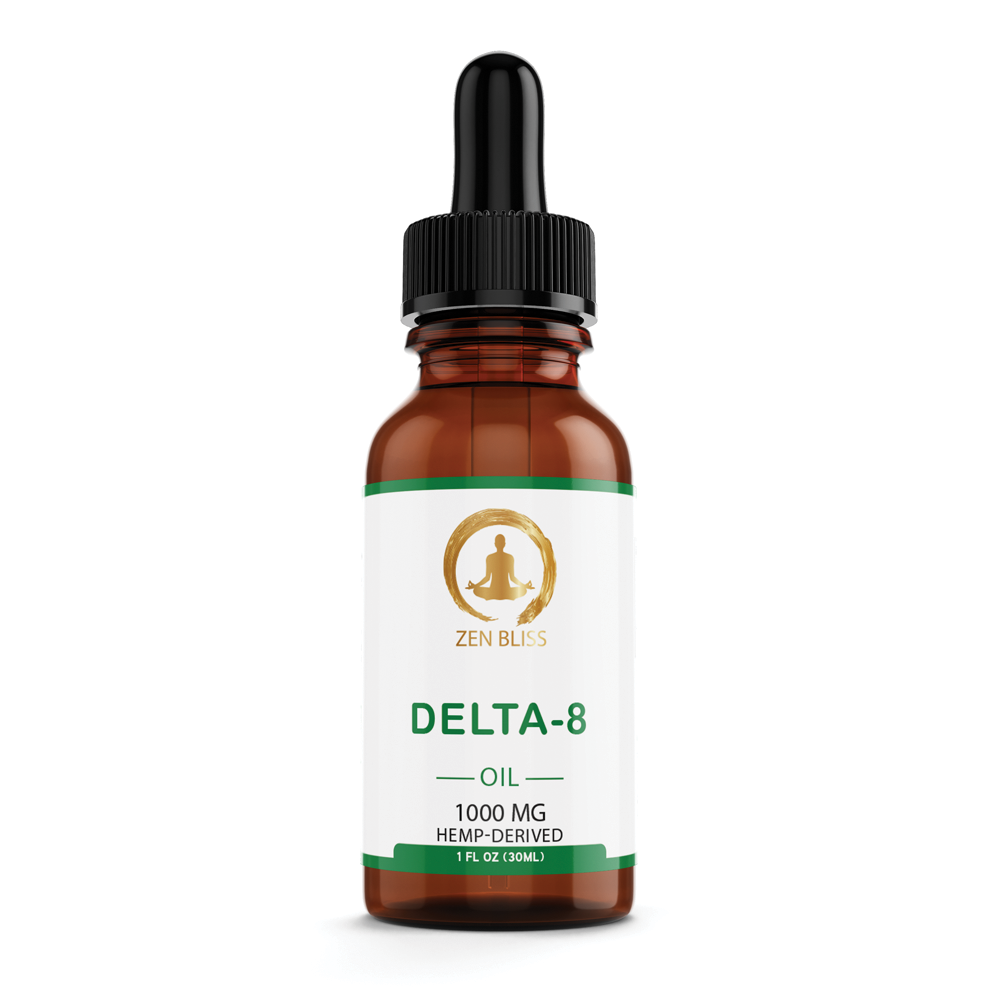Feeling confused about delta-8 THC? This compound comes from cannabis plants, similar to the well-known delta-9-tetrahydrocannabinol (delta-9 THC) and cannabidiol (CBD). Our article will guide you through its benefits, uses, and where it stands in Canadian law.
What is Delta-8-Tetrahydrocannabinol (Delta-8 THC)?
Delta-8-Tetrahydrocannabinol, also known as Delta-8 THC, is a compound that shares similarities with its more famous cousin, Delta-9 Tetrahydrocannabinol. Scientists first isolated it from cannabidiol (CBD) in the 1940s.
Unlike Delta-9 THC, which is abundantly found in cannabis sativa plants, Delta-8 THC exists only in small traces within the hemp and cannabis plants. This makes natural extraction less feasible for commercial use.
To meet demand for this phytocannabinoid, manufacturers synthetically produce Delta-8 THC through a chemical reaction involving CBD. They use organic solvents and a catalyst like strong acid to transform CBD into Delta-8 THC.
This process not only allows for greater production scale but also taps into the legal loopholes surrounding hemp-derived compounds.
Delta-8 offers a unique experience distinct from CBD and traditional delta-9-tetrahydrocannabinol products - bridging the gap between recreational cannabis enjoyment and therapeutic benefits.
Comparing Delta-8 THC to Other Cannabinoids
Delta-8 THC differs from Delta-9 THC in its psychoactive effects. It also has distinct effects compared to CBD.
Differences from Delta-9 THC
Delta-8 THC hooks onto CB1 receptors in the brain less strongly than Delta-9 THC does. This makes its psychoactive effects weaker. Studies show that while both can affect the mind, Delta-8 provides a milder high.
It also has a similar pull to CB2 receptors as Delta-9, important for body functions.
Users often pick Delta-8 THC as a softer option than Delta-9 THC because of this difference. A 2022 survey found many see it as "legal", choose it over Delta-9 for less intensity, and enjoy lower costs due to regulatory gaps in Canada.
People look for pain relief, relaxation without intense highs or paranoia common with stronger forms of cannabis.
Comparison with CBD
Moving from the contrast with Delta-9 THC, it's essential to understand how Delta-8 THC differs from CBD. Both substances come from hemp and are considered semi-synthetic cannabinoids.
Yet, the way each interacts with the body's cannabinoid receptors sets them apart. While CBD does not produce a "high," Delta-8 THC has psychoactive effects due to its stronger affinity for the CB receptor in the brain.
Delta-8 THC is crafted by changing CBD in an organic solvent and adding a catalyst, creating a more potent compound. This process highlights another significant difference: while many seek out CBD oil for its wellness benefits without intoxication, those who buy Delta-8 are often looking for both therapeutic advantages and a mild euphoria similar to but less intense than that of traditional cannabis (marijuana) products.
Uses of Delta-8 THC

Delta-8 THC is used for both recreational and therapeutic purposes. It's available in various forms, including vape cartridges, edibles, and cannabis beverages. Medical professionals recommend it for potential anxiety relief and as an alternative treatment for chronic pain.
Recreational Uses
Many people enjoy Delta-8 THC for fun. They find its effects milder than delta-9-tetrahydrocannabinol, making it a popular choice for those seeking a less intense experience. Users often pick vape cartridges or edibles to feel relaxed without the stronger high that comes with other forms of cannabis.
In the United States, where discussions about cannabis often happen, statistics show that 58% of adult cannabis users know about Delta-8 THC. Out of these, 16.7% have used it in the last month alone, preferring to buy from non-cannabis dispensary stores such as vape shops.
This trend highlights how Delta-8 THC has carved out its niche in the vast landscape of recreational substances, appealing to both casual and enthusiastic consumers looking for an alternative way to unwind. A convenient way to enjoy Delta-8 THC on the go is with Zen Bliss gummies.
Therapeutic Benefits
Moving beyond just fun, Delta-8 THC shows promise in easing health issues. Sixty percent of users in the U.S. have turned to it for sleep problems, anxiety, chronic aches, sadness, mood swings from bipolar disorder, and stress relief.
This popularity comes from its ability to mimic Delta-9 THC's effects—feeling at ease and less pain—without as many bad side effects.
People also report feeling happy and more relaxed after using Delta-8 THC. Fifty-nine percent enjoy such improvements alongside pain reduction. Unlike medical cannabis high in Delta-9 THC that might lead to restlessness or other uncomfortable feelings, Delta-8 provides a gentler alternative for those seeking help with their mental or physical discomforts without harsh reactions.
Benefits of Delta-8 THC

Delta-8 THC may offer potential therapeutic effects and could potentially have reduced psychoactive effects compared to Delta-9 THC. It's gaining attention for its promising medicinal use, especially in managing conditions like depression and as an anti-seizure agent.
Potential Therapeutic Effects
Delta-8 tetrahydrocannabinol shows promise in easing nausea, improving appetite, reducing pain, and curbing vomiting during cancer treatments. This cannabinoid, found in cannabis, might work well for patients looking for alternatives to traditional medicine.
The scientific evidence supports its use in managing these conditions effectively.
60% of users turn to delta 8-tetrahydrocannabinol for relief from issues like sleep disturbances and chronic discomfort.
Research into phytocannabinoids like Delta-8 is expanding our understanding of how they interact with the body's endocannabinoid system. This interaction could lead to breakthroughs in treating a range of symptoms without the high levels of psychoactive effects associated with delta9-thc.
For many seeking medicinal benefits from cannabis products, Delta-8 THC offers a valuable option.
Reduced Psychoactive Effects Compared to Delta-9 THC
Exploring potential therapeutic effects leads us directly into understanding how Delta-8 THC shows less intense psychoactive abilities than its cousin, Delta-9 THC. Studies have shown that Delta-8 catches onto CB1 receptors in the brain with lesser strength.
This means it can't activate those nerve cells as powerfully as Delta-9 does. For people using cannabis products, this difference makes Delta-8 a softer option that still brings about a sense of euphoria without overwhelming the senses.
Users often opt for Delta-8 for its milder buzz and lower chance of causing unease or paranoia, which are sometimes linked to high doses of Delta-9. This gentler effect positions Delta-8 as an appealing choice for both recreational enjoyment and medical use, blending mild euphoria with potential health benefits while keeping the risk of adverse mental effects low.
It offers a middle ground for those looking to experience the positives of tetrahydrocannabinol without the intensity that might disrupt their well-being.
Legal Status of Delta-8 THC in Canada

Delta-8 THC’s Legal Status in Canada is determined by federal regulations and various provincial nuances. The complexities of the Canadian cannabis regulations underpin its ever-evolving status across different regions.
Federal Regulations
In Canada, the laws treat Delta-8 THC and Delta-9 THC similarly. The government regulates these substances, meaning they must follow the same rules. For someone to buy CBD online or any cannabis product legally, including Delta-8 THC edibles or vapes cartridges, these items need to meet strict standards set by law.
This means all products with Delta-8 THC for recreational and medicinal use have to be up to the safety and quality requirements of Canadian cannabis regulations. Whether it's edibles like candies or other types of products such as vapes cartridges, they must pass checks for safety before people can use them.
This ensures that every item bought follows the law and is safe for consumption too.
Provincial Nuances
Each province in Canada has its own take on the legal status of Delta-8 THC due to differences in local laws and regulations. Provinces set their own rules for cannabis edibles, affecting availability, sales locations, and who can sell these products.
The Excise Act plays a key role at the federal level by taxing Delta-9 THC in edibles and extracts. Yet, this tax doesn't touch Delta-8 or THC-O-acetate products. The landscape gets more complex provincially as each area decides how to manage and enforce these nuances, impacting both consumers and license holders differently across Canada.
Side Effects
Delta-8 THC poses potential risks and side effects. Users should be aware of possible adverse reactions and long-term health implications associated with its consumption.
Common Side Effects
Common side effects of Delta-8 THC may include confusion, anxiety, drowsiness, dizziness, heart rate issues, hallucinations, vomiting, and loss of consciousness. It's important to note that there have been reports of adverse events involving minors that required emergency medical interventions due to the consumption of Delta-8 THC products.
Conclusion
Understanding Delta-8 THC offers insight into its therapeutic potential and legal status in Canada. Users seek relief from various conditions, including sleep issues, anxiety, chronic pain, depression, bipolar disorder, and stress with this cannabinoid.
FAQs
1. What is Delta 8 and how is it different from Delta-9?
Delta 8, known as delta-8-tetrahydrocannabinol, is a chemical cousin of THC (delta-9-tetrahydrocannabinol). It offers a less intense euphoria than Delta-9 and interacts with the body's endocannabinoid system in unique ways.
2. Can you get high from using Delta 8 products?
Yes, Delta 8 can induce euphoric feelings similar to traditional cannabis but generally with milder effects. It binds to CB-1 receptors in the brain, influencing hunger and potentially reducing anxiety.
3. Is it legal to buy or use Delta 8 in Canada?
Under the Canadian Cannabis Act, substances like delta-8-thc fall into a gray area. While not explicitly banned, its production and sale are heavily regulated due to its psychoactive nature and potential for abuse.
4. Are there any health benefits linked to using Delta 8?
Users report medicinal benefits such as pain relief, decreased nausea, improved sleep patterns akin to medicinal marijuana uses. However, scientific research on these claims remains limited within family medicine circles.

